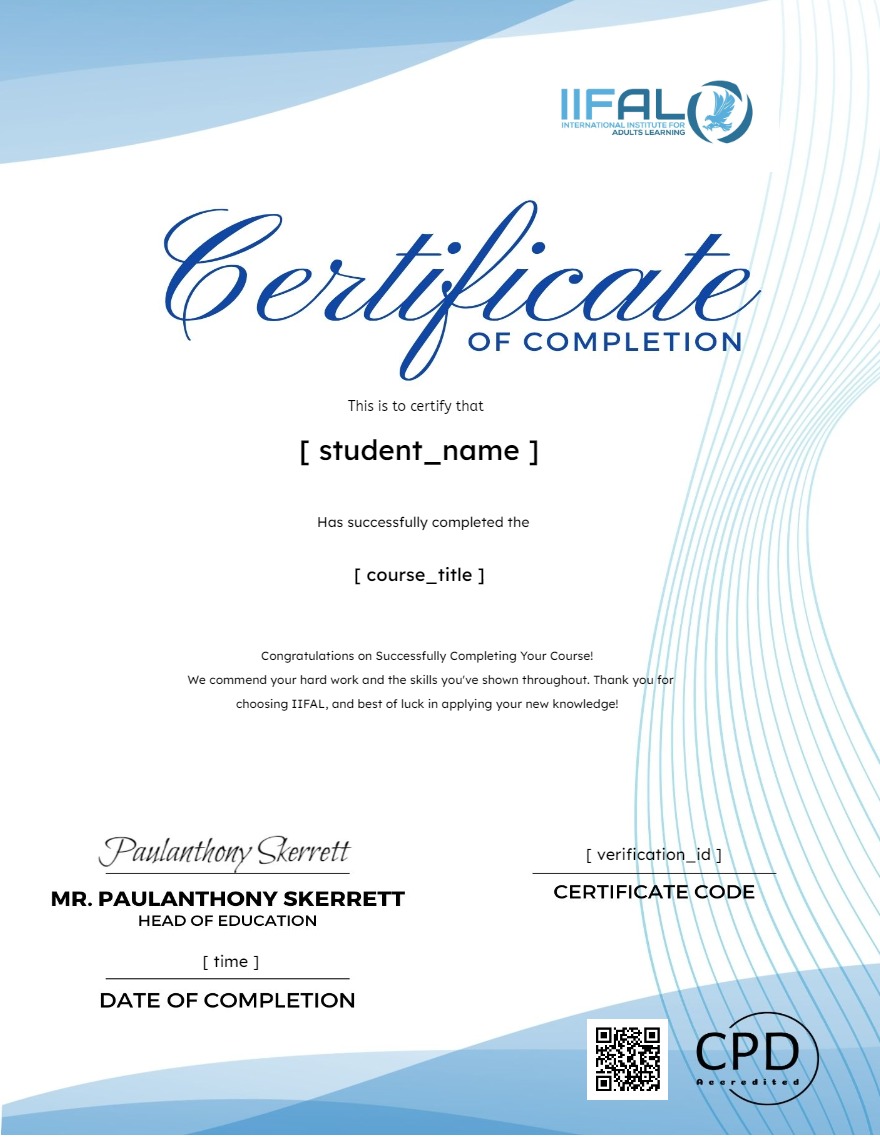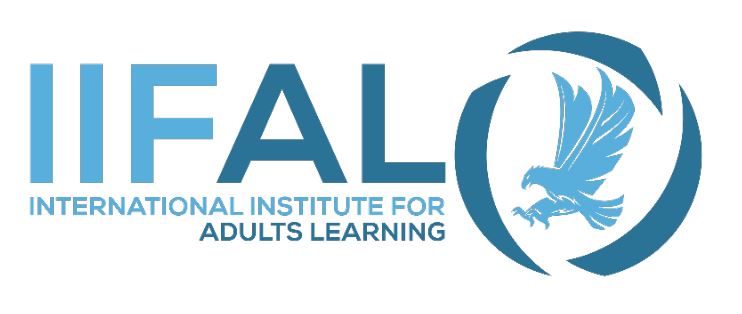
About Course
Welcome to Software Development, a comprehensive course designed to equip you with the fundamental and advanced skills needed to thrive in today’s fast-paced tech industry. Whether you’re a beginner, an aspiring developer, or a professional looking to enhance your skills, this course provides a clear path to mastering the software development process.
The course starts with an Introduction to Software Development, covering the life cycle and essential tools that set the foundation for effective software creation. You’ll then move into Programming Fundamentals, where you’ll learn the basics like variables, data types, and control structures—crucial building blocks for writing functional code.
Next, you’ll explore Object-Oriented Programming (OOP), gaining insights into classes, objects, and inheritance, which are key to developing flexible, scalable software. The Web Development module introduces HTML, CSS, and JavaScript, teaching you how to build interactive, responsive websites.
In the Database Management module, you’ll learn SQL and the principles of database design, essential for back-end development. Software Development Methodologies covers Agile, Scrum, and version control systems like Git, ensuring you understand project management and collaboration in modern development environments.
The course continues with Software Design and Architecture, where you’ll explore design principles and architecture patterns, followed by Testing and Debugging to ensure software quality. You’ll also dive into Software Security and Data Privacy, learning how to protect applications and data.
Finally, the Emerging Technologies module introduces AI, IoT, and cloud computing, while Real-World Projects allows you to apply your skills to build a portfolio.
By the end of the course, you’ll have the tools and knowledge to pursue a successful career in software development.
Course Content
Introduction to Software Development
Introduction to Software Development
Development Tools
Requirement Gathering and Analysis
Planning
Design
Implementation (Coding)
Testing
Deployment
Maintenance
Programming Fundamentals
Object-Oriented Programming (OOP)
Web Development
Database Management
Software Development Methodologies
Software Design and Architecture
Testing and Debugging
Software Security and Data Privacy
Emerging Technologies
Real-World Projects
Earn a certificate
Add this certificate to your resume to demonstrate your skills & increase your chances of getting noticed.

Student Ratings & Reviews


